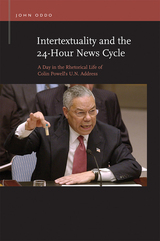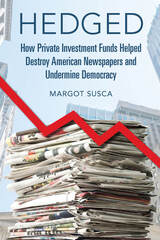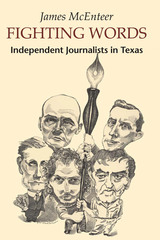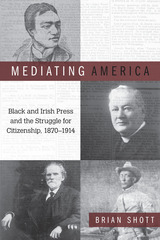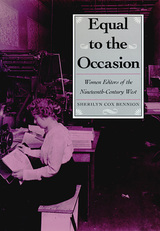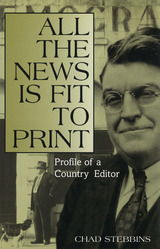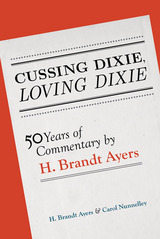Intertextuality and the 24-Hour News Cycle: A Day in the Rhetorical Life of Colin Powell's U.N. Address
Michigan State University Press, 2014
Paper: 978-1-61186-140-2 | eISBN: 978-1-60917-426-2
Library of Congress Classification PN4867.2.O33 2014
Dewey Decimal Classification 071.3
Paper: 978-1-61186-140-2 | eISBN: 978-1-60917-426-2
Library of Congress Classification PN4867.2.O33 2014
Dewey Decimal Classification 071.3
ABOUT THIS BOOK | AUTHOR BIOGRAPHY | REVIEWS | TOC | REQUEST ACCESSIBLE FILE
ABOUT THIS BOOK
On a cold Wednesday morning in February 2003 Colin Powell argued before the United Nations Security Council that Iraq harbored weapons of mass destruction. Before the speech, nearly 90 percent of Americans reported that Powell’s speech would help them determine their view about invading Iraq. In the days after the speech, a strong majority of Americans reported that they found Powell’s evidence convincing enough to justify war. But most American adults did not watch Powell’s speech. Instead, they learned about it from journalists—and to a large extent formed their opinions about war with Iraq based on news coverage of his address. In Intertextuality and the 24-Hour News Cycle John Oddo investigates the “rhetorical life” of Colin Powell’s address as it was extended across several media reports. Focusing on one day of pre- and postspeech news coverage, Oddo examines how journalists influenced Powell’s presentation— precontextualizing and recontextualizing his speech, and prepositioning and repositioning audiences to respond to it. The book surveys a variety of news media (television, newspaper, and Internet) and systematically integrates several methodological approaches (critical, rhetorical, discourse-analytic, and multimodal). This revealing text shows the decisive role that journalists played in shaping American attitudes about Powell, his presentation, and the desirability of war in Iraq.
See other books on: Day | Intertextuality | Journalism | Oddo, John | Public Affairs & Administration
See other titles from Michigan State University Press
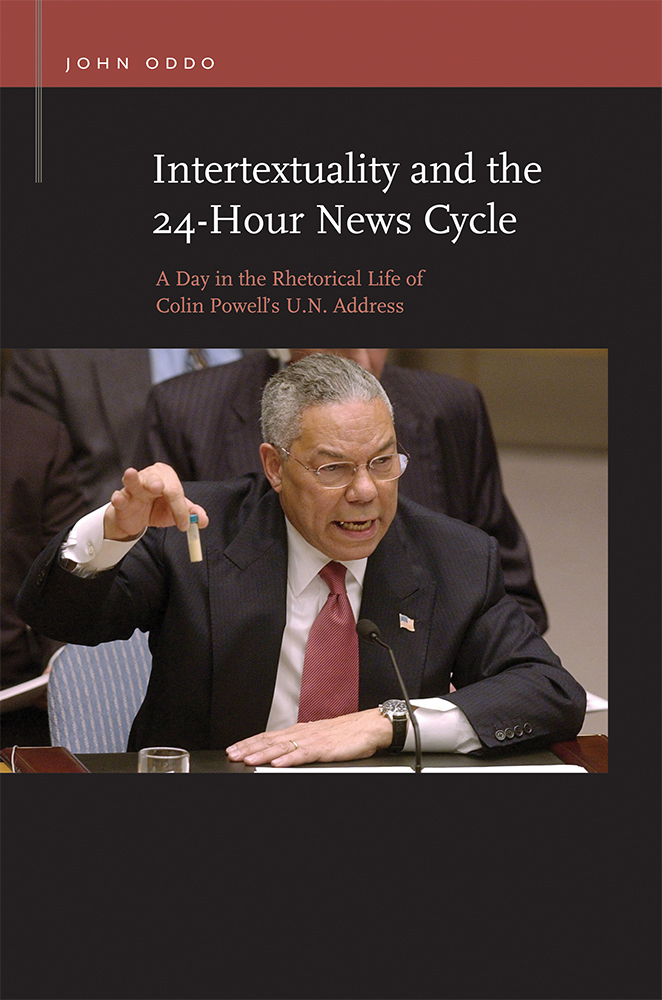
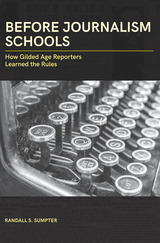
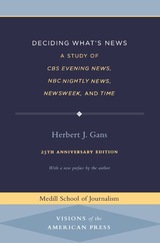

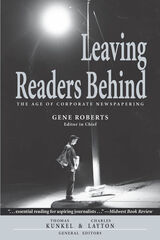




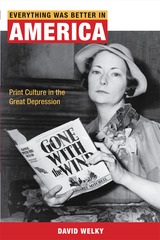
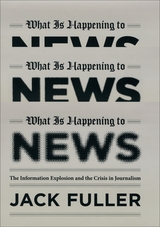
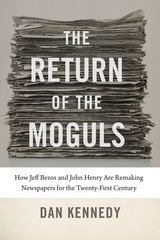
![The Vanishing Newspaper [2nd Ed]: Saving Journalism in the Information Age](https://www.bibliovault.org/thumbs/978-0-8262-1858-2-thumb.jpg)

